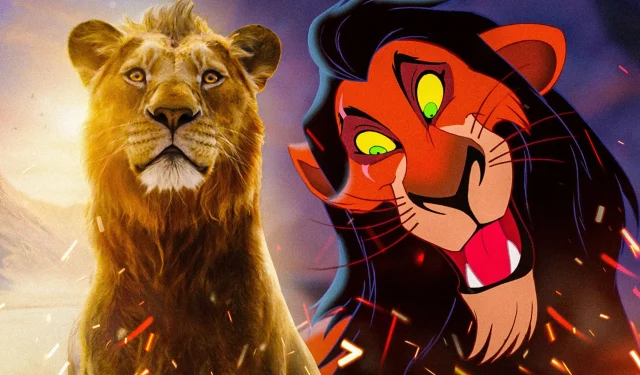
Includes SPOILERS for Mufasa: The Lion King
The film Mufasa: The Lion King delves deep into the origins of Scar, illustrating why he lacks the qualities necessary for a king. From the iconic 1994 Disney classic, Scar has emerged as one of cinema’s most notorious villains, embodying treachery and jealousy toward his brother Mufasa. Initially known as Taka in his youth, Scar’s character is brought to life through the voice of Kelvin Harrison Jr., who expertly captures the complexity of his dual nature.
The plot unfolds as Mufasa and Taka grow up together, their bond tested after Taka discovers Mufasa abandoned as a stray. Taka, destined to inherit a pride led by the noble lion Obasi, feels uneasy about Mufasa’s presence, perceiving him as a potential rival. As Taka grapples with feelings of envy, especially regarding Mufasa’s apparent success, a pivotal turning point occurs when Sarabi chooses Mufasa over Taka.
Mufasa Underscores Scar’s Inadequacy as a Leader
Scar’s Unfit Leadership Traits
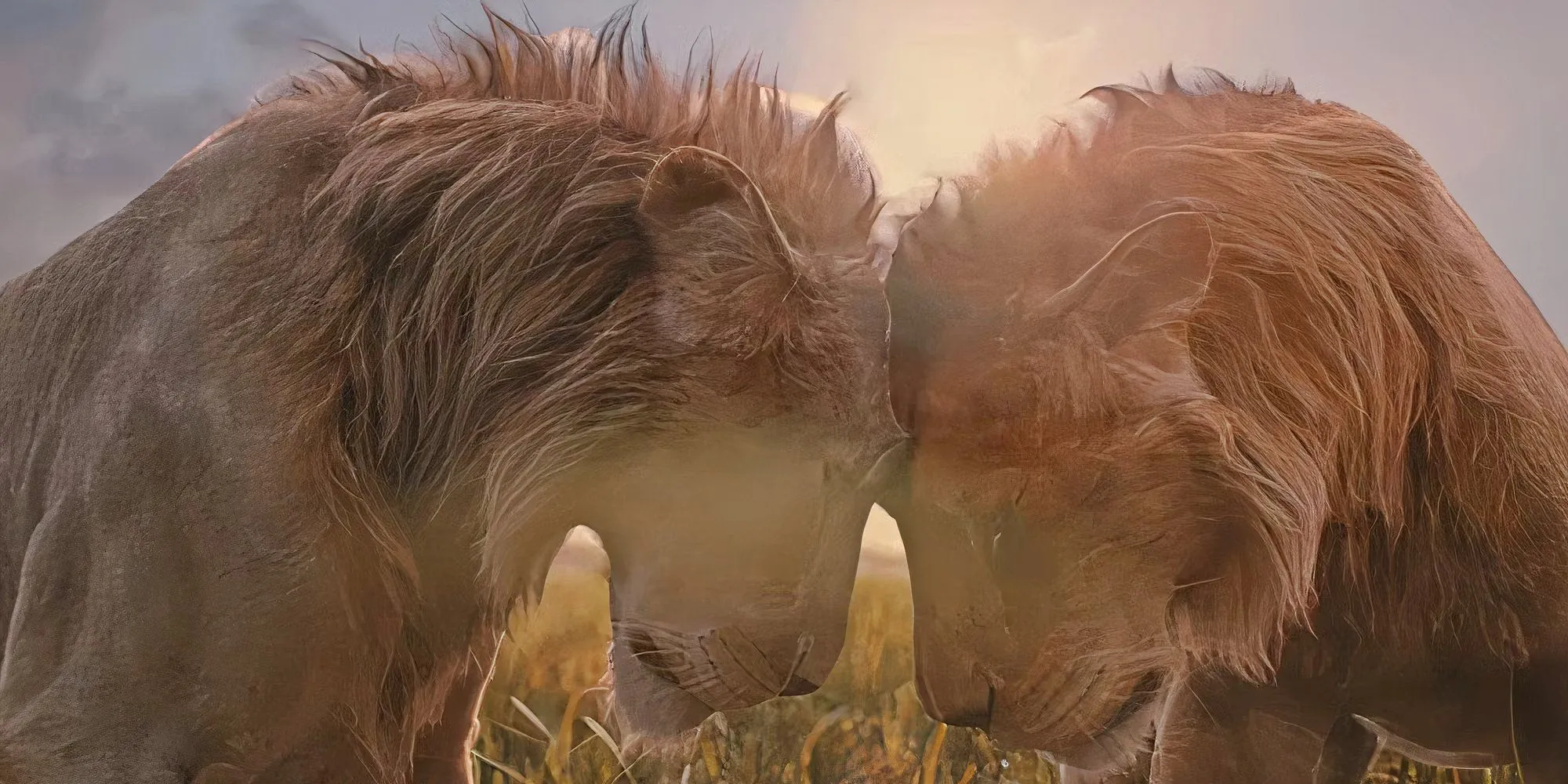
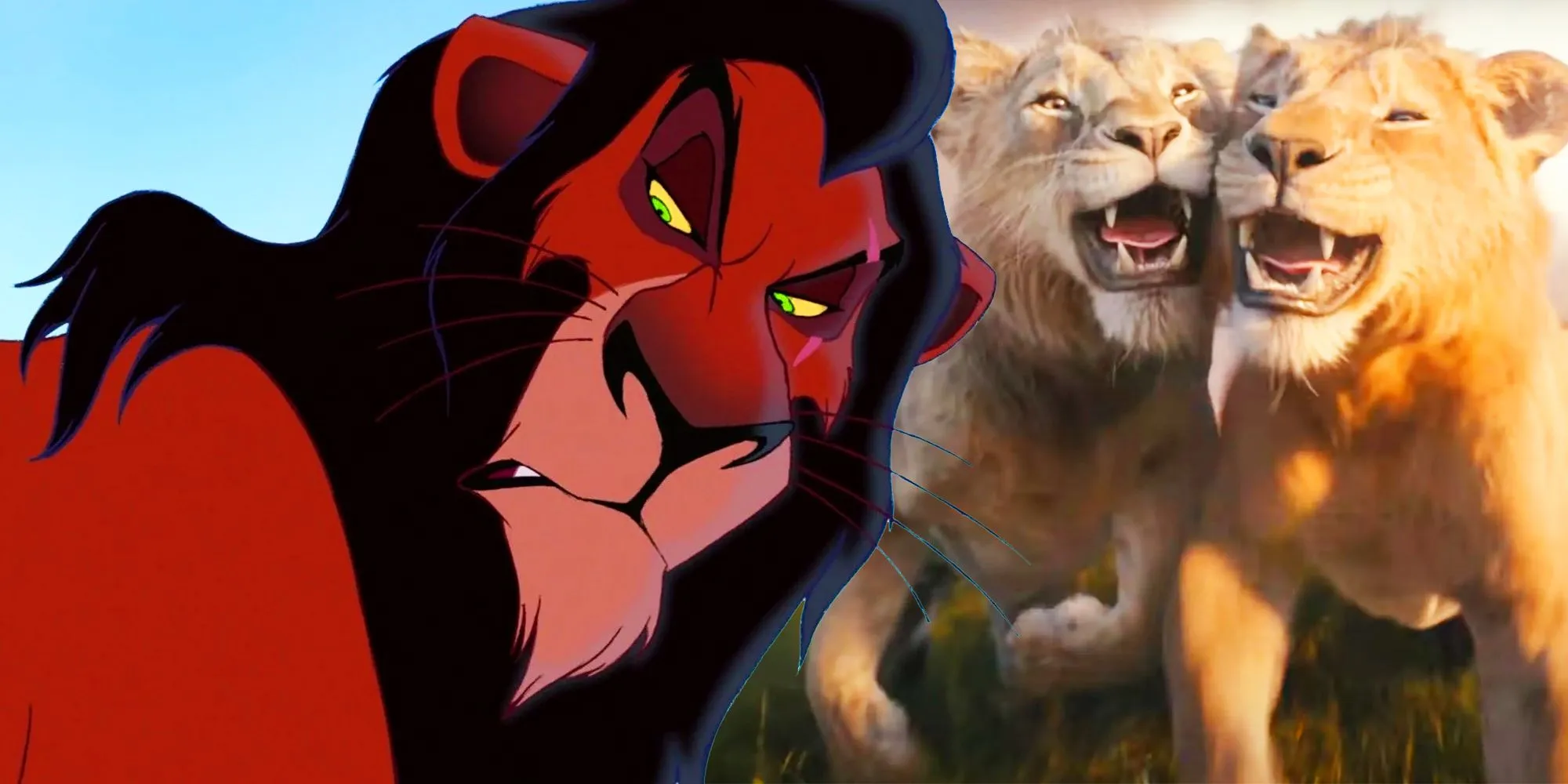
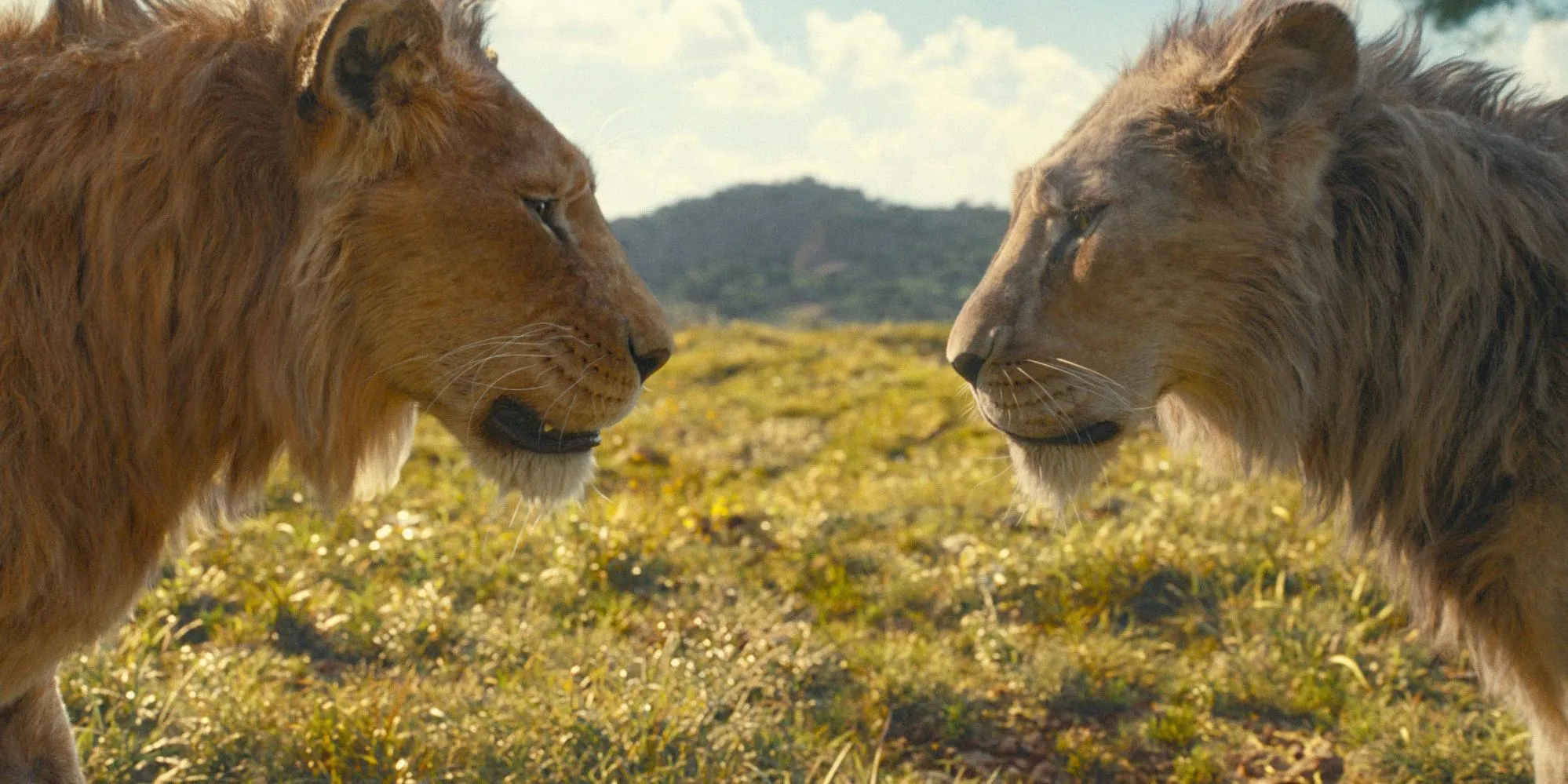

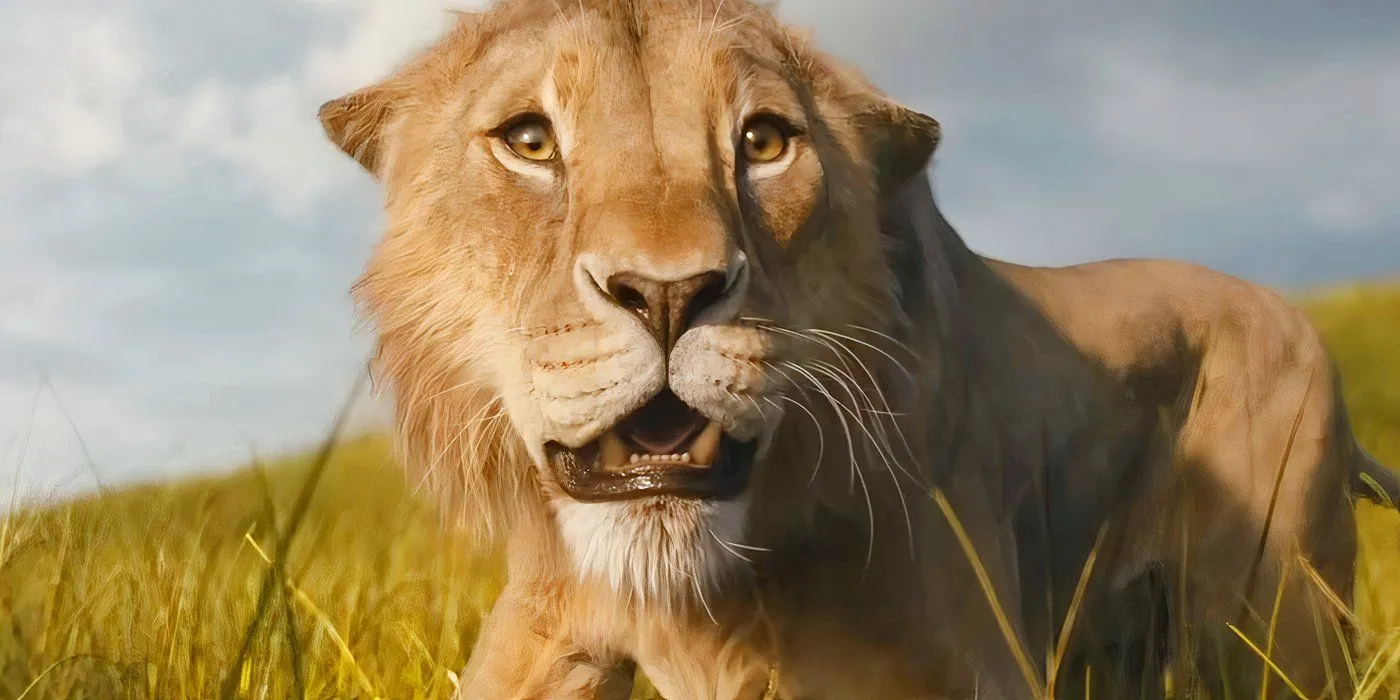
One critical reason Sarabi favors Mufasa over Taka is Taka’s underlying cowardice. During a harrowing elephant stampede, it is Mufasa who swoops in to rescue Sarabi after she falls, even though Taka had been attempting to court her affections. Mufasa, embodying nobility, even tries to give Taka credit for the rescue, but Sarabi sees through his ruse. Taka’s cowardice consistently undermines his character, ultimately causing him to disappoint even his parents when they face a threat from the Outsiders, a rival pride.
Taka’s cowardice ultimately leads to his downfalls, such as losing his claim to the throne. Although he was born into a royal lineage, he lacks the essential qualities needed for leadership—most notably, courage. In stark contrast stands Mufasa, whose bravery and noble attributes highlight Taka’s inherent flaws, nurturing his descent into villainy. Even if Taka experiences redemption by the film’s end, his weaknesses affirm that he was never intended to be king.
Taka’s Subpar Role Model: His Father
How Obasi’s Leadership Stifled Growth
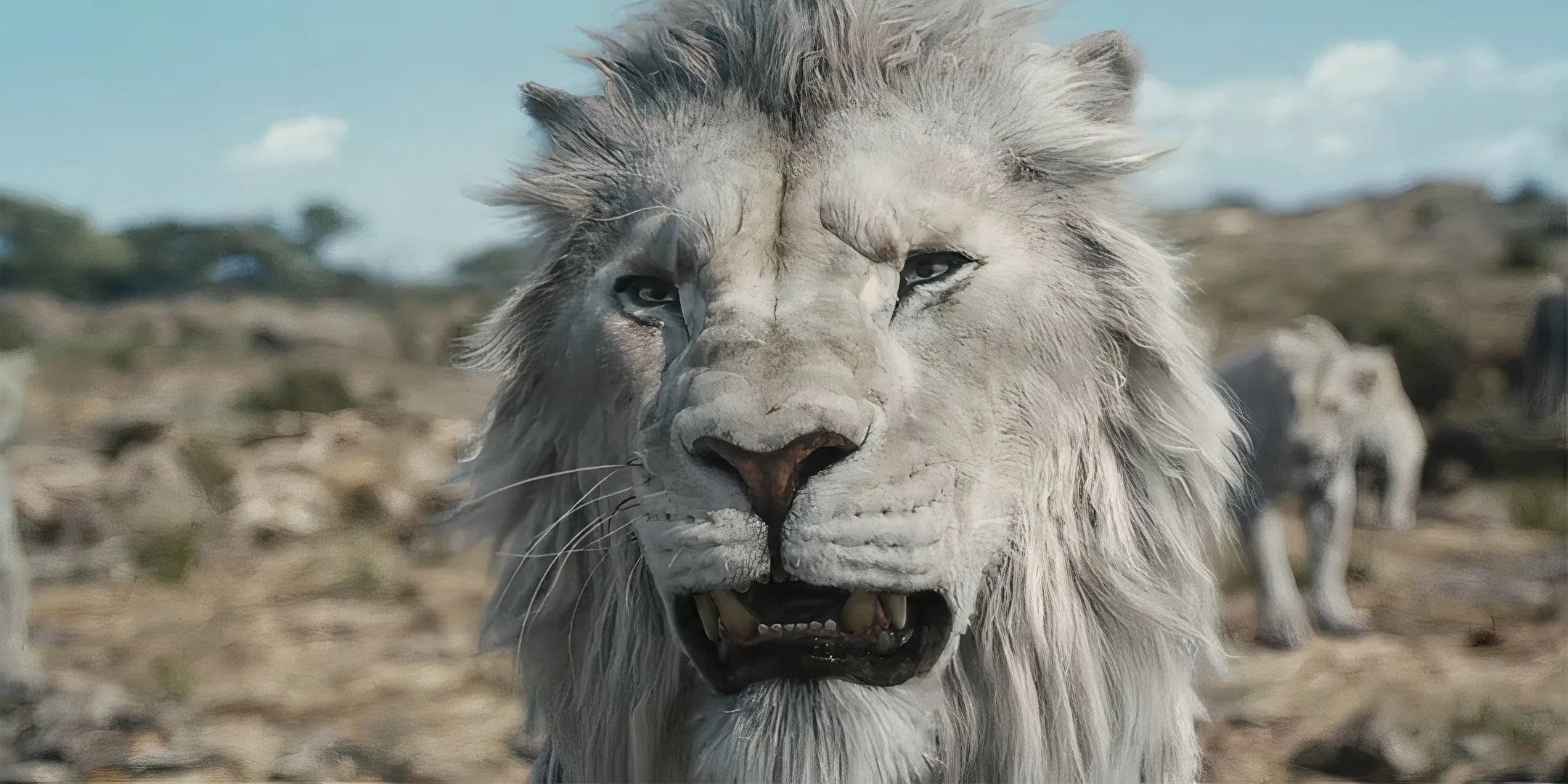
The contrasting parental figures of Mufasa and Taka play a vital role in the narrative of Mufasa: The Lion King. Mufasa, raised in a nurturing environment among benevolent lions, inherits a sense of compassion and leadership. In stark contrast, Taka’s father, Obasi, exemplifies shortcomings in leadership, prioritizing isolation and strictness over care. Although he ultimately sacrifices himself for the benefit of both sons, his flawed governance sets a poor precedent.
Concerned about outsiders, Obasi initially resists including Mufasa in their pride, a decision that leads to their isolation and vulnerability. When conflict arises with Kiros, Mufasa seeks alliances across species, demonstrating the importance of collaboration. The rigid upbringing Taka experiences under Obasi’s rule ultimately fosters the same inflexibility and lack of empathy in him. Taka’s mother, though noble, is overshadowed within a patriarchal structure, further limiting Taka’s exposure to diverse leadership qualities.
Mufasa’s Potential to Guide Taka as King
The Possibility of a Collaborative Rule
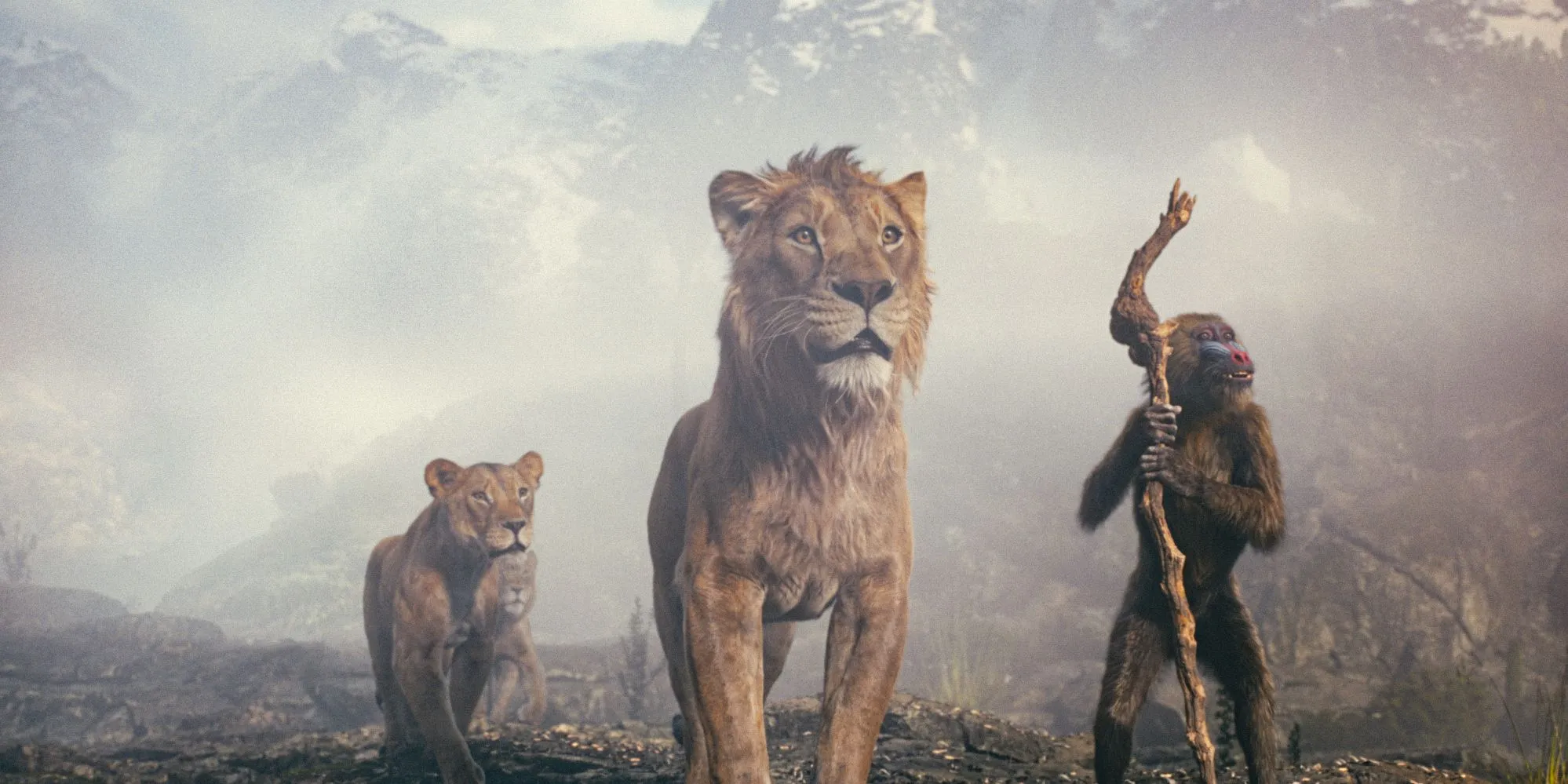
Image via Disney
Had Taka not betrayed Mufasa, he still could have ascended to the throne. Although Mufasa’s bond with Sarabi complicates their relationship, he never intended to eclipse Taka’s kingship. If Taka had embraced his brother’s counsel and not succumbed to jealousy, Mufasa could have provided invaluable guidance in leadership. Even without innate qualities of a leader, Taka could have matured into a competent ruler with Mufasa’s support.
Ultimately, Mufasa does not usurp Taka’s position; he is thrust into it following Taka’s treachery. Taka’s choices—the embrace of jealousy and rage—seal his fate. In reframing the iconic narratives of Mufasa and Scar, Mufasa: The Lion King highlights crucial themes of choice and accountability. Mufasa does not seize the throne from Taka; instead, circumstances dictate this outcome, allowing for a richer exploration of character dynamics that elevates the story’s depth and significance.




Leave a Reply